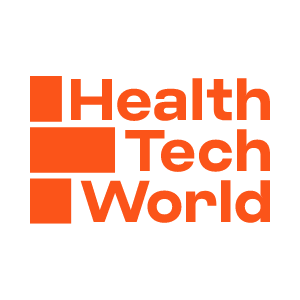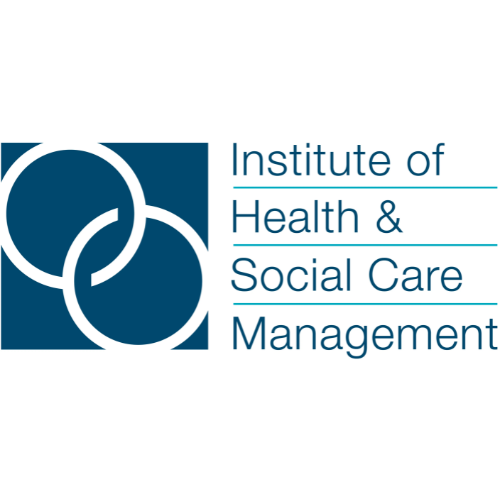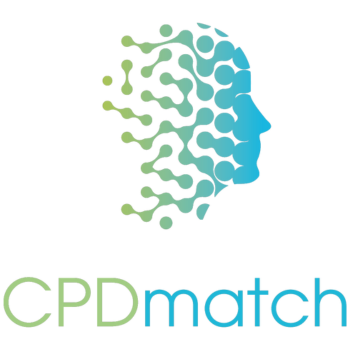Understanding Genomics in the NHS: Virtual Conference
What is Genomics?
Genomics is the study of the body’s genes, their functions and their influence on the growth, development and working of the body – using a variety of techniques to look at the body’s DNA and associated compounds. NHS ENGLAND
As a country, the UK is considered a leader in Genomics. However, there is still little known about the role of Genomics and its powerful uses across the healthcare system. Our upcoming conference services aim to shed some light on this area and provide clear guidance and practical insights for sector professionals.
Health Education England is very much leading the way in Genomics education and has developed a Genomics Education Programme which aims to deliver the learning and development necessary to enable both current and future NHS professionals to harness the power of genomic medicine for patient benefits.
The NHS Long Term Plan also outlined a strategic focus on using and developing Genomics across the country. These plans include:
- To be the first national healthcare system to offer whole genome sequencing as part of routine care.
- To sequence 500,000 whole genomes by 2023/24 and help transform healthcare for maximum patient benefit, including for all children with cancer or children who are seriously ill with a likely genetic disorder.
- Linking and correlating genomic data to help provide new treatments and diagnostic approaches and help patients make informed decisions about their care.
In support of the NHS, all Convenzis events are complimentary, and CPD accredited. If you are an NHS senior manager and lead interested in Genomics and its potential uses, please get in touch to secure your free place today.
Research sources: Health education England, NHS England and Improvement, King’s fund.
The programme
10:50
The Genomics Education Programme: upskilling the healthcare workforce
Kate Tatton-Brown
Professor in clinical genetics and genomic education; clinical director and head of the Genomic Education Programme within Health Education England; consultant clinical geneticist
Health Education England / St George’s University Hospitals NHS Foundation Trust
The Genomics Education Programme
Rapid advances in technology and understanding mean that genomics is now more relevant than ever before. As genomics increasingly becomes a part of mainstream NHS care, all healthcare professionals, and not just genomics specialists, need to have a good understanding of its relevance and potential to impact the diagnosis, treatment and management of people in our care.
11:15
Informed Genomics, an industry partner to deliver Genomic Healthcare services.
Ian Cook
Commercial Director
Informed Genomics Ltd
At Informed Genomics we are focussed on transforming cancer healthcare through the provision of affordable genomic testing that can enable earlier diagnosis, better, personalised treatments and improved patient outcomes. We will present projects that we are focussing on to deliver this mission that could be offered in partnership with the NHS to enable an overall better Genomic Healthcare journey for the patient.
11:40
Genomics England’s mission is to continue refining, scaling, and evolving our ability to enable others to deliver genomic healthcare and conduct genomic research.
Richard Scott
Chief Medical Officer
Genomics England
We work with the NHS to deliver and continually improve genomic testing to help doctors and clinicians diagnose, treat and prevent illnesses, like rare diseases and cancer. Through the National Genomics Research Library, we provide the health data and advanced technology researchers need to make new medical discoveries and create more effective medicines for patients and their families.
We also carry out proof of concept research programmes in partnership with the NHS and engage with our participants, patients, communities and experts to explore new areas where genomics can make a difference in healthcare.
12:05
Transforming the future of healthcare
Tonya McSherry
VP Sales EMEA
Oxford Nanopore Technologies plc
During this talk Tonya will discuss what’s missing from the current genomic technologies of today and how Oxford Nanopore Technologies is delivering a paradigm shift from research into applied clinical research.
Many of the world’s problems today can be improved with better access to biological information and nanopore sequencing can provide the most comprehensive view of the genome to aid this. Tonya will discuss how this has been done to date in many research areas from cancer to rare diseases.
Comfort Break
12:40
AI-Powered Genomics Research
Dr Nicolas Lopez Carranza
InstaDeep
BioAI team
Nicolas will show how InstaDeep is leveraging language models trained on thousands of genomes to accelerate research in genomics, and shed light into the intricate language of life.
13:05
GenOCEANIC – the voyage towards an open standards based platform for clinical genomic analysis
Dr Shane McKee
Consultant in Genetic & Genomic Medicine
Belfast Health & Social Care Trust
Part of the challenge of integrating genomics into routine clinical care is to pull together the rich clinical data required to ask the right questions of the genomic data. Arising from the UK 100,000 Genomes Initiative, the GenOCEANIC Project seeks to use the power of electronic health records, artificial intelligence and clinical decision support to make it easier for clinicians to find and order the right genomic tests for their patients, and to integrate the findings back into the patient’s record where it’s available for care.
GenOCEANIC uses the openEHR open data standard to ensure interoperability with a wide variety of electronic health systems, and the vision is to create a platform for innovation in the NHS that allows us to get clinically actionable findings back to patients in a way that makes a real difference to their care.
13:30
The Use of Ranger® Technology in Genomic Services
Dr Andrew Wallace
Laboratory Director
Yourgene Health
Details TBC
13:55
Cancer Predisposition Genetics for prevention and early detection of Cancer
Clare Turnbull MD PhD FRCP FRCPath MFPH
Professor of Translational Cancer Genetics
Institute of Cancer Research, London
Identification a priori of individuals at elevated genetic risk of cancer provides great opportunity for cancer early detection and prevention. I shall discuss opportunities, challenges and hyperbole related to clinical applications for cancer susceptibility genetics
14:20
Implementing genomics in the NHS
Professor Sandi Deans
Deputy Directory for Genomic Science and Laboratory in the Genomics Unit
NHS England
An overview of how the NHS is harnessing the power of genomic medicine through the NHS Genomic Medicine Service.


































